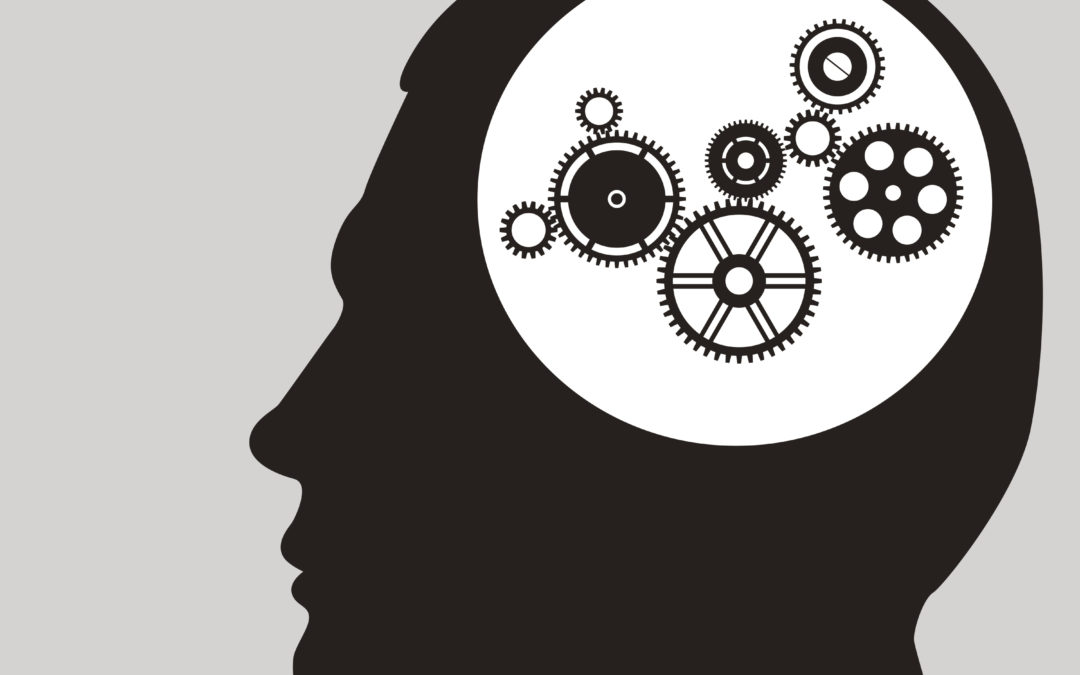
17 Sep Velcro or Teflon? Training the brain to be happy
I often say to my clients our brains are like Velcro and Teflon. This is usually met with odd looks and I imagine strange thoughts about my competence or state of mind. But it is an important thing to understand when we are looking to cultivate wellbeing in our lives. Our brain is built with a negativity bias and there is a very good evolutionary reason for this. If we remember the bad stuff we are more likely to survive. As such our brains are like velcro for bad things, it sticks and it stays stuck. We don’t forget it. In contrast there is no survival element to recalling the good things that happen. Our brain has little reason to remember them and so they slide straight off our brain just like eggs on your teflon non stick fry pan.
This in built survival mechanism is very helpful if indeed our survival is in danger, however for the most part this is not the case. But if our brain is spending the day recalling all the bad things that happen and little to none of the good things, naturally we being to get a very unbalanced sense of our lives and following on from this our well being.
Neuroscientists have discovered however that it is possible to overcome our negativity bias by taking the time to pay attention to the positives that happen in our day. In fact they have found that there is a critical threshold for paying attention to positives to ensure that it gets embedded into memory rather than simply sliding off. This critical threshold is 20 seconds. Not long at all. During this time it is essential that we mindfully pay attention to what this feeling feels like in the body. And if you can do that for 20 seconds your more likely to have a far more balanced sense of your day. In doing this you are not just creating a memory but actually hardwiring your brain to notice positive things. The more you do this, the better the brain gets at noticing the good things. This has a flow on effect which improves mood and enhances wellbeing.
If you would like to understand this better watch Neuropsychologist Rick Hanson Ted Talk where he expertly explains how we can hardwire our brains for happiness.
But don’t just take my word for it. Actually try it. In fact I invite you to undertake a challenge. For the next week, mindfully notice 3 positives in your day and pay attention to them for 20 seconds. They don’t have to be major things like winning the lotto. They can be as simple as having enough milk to have your morning coffee. But take the time to notice them and you might just find that you feel that little bit more happy.
